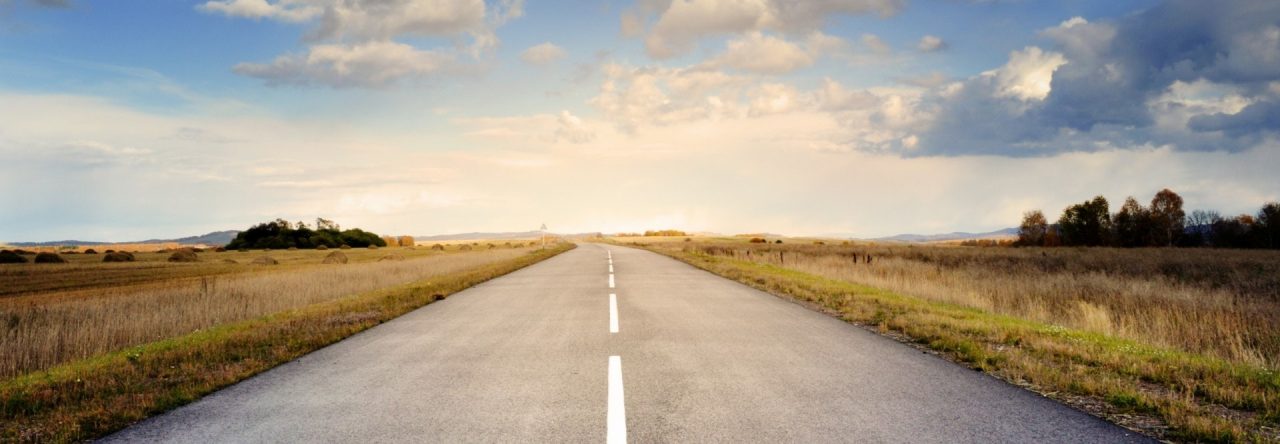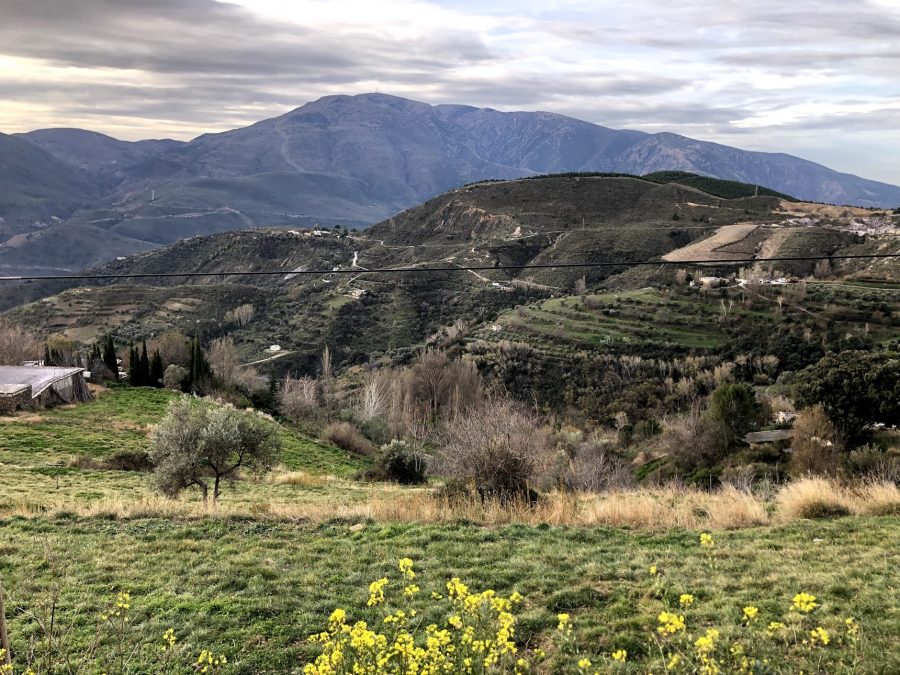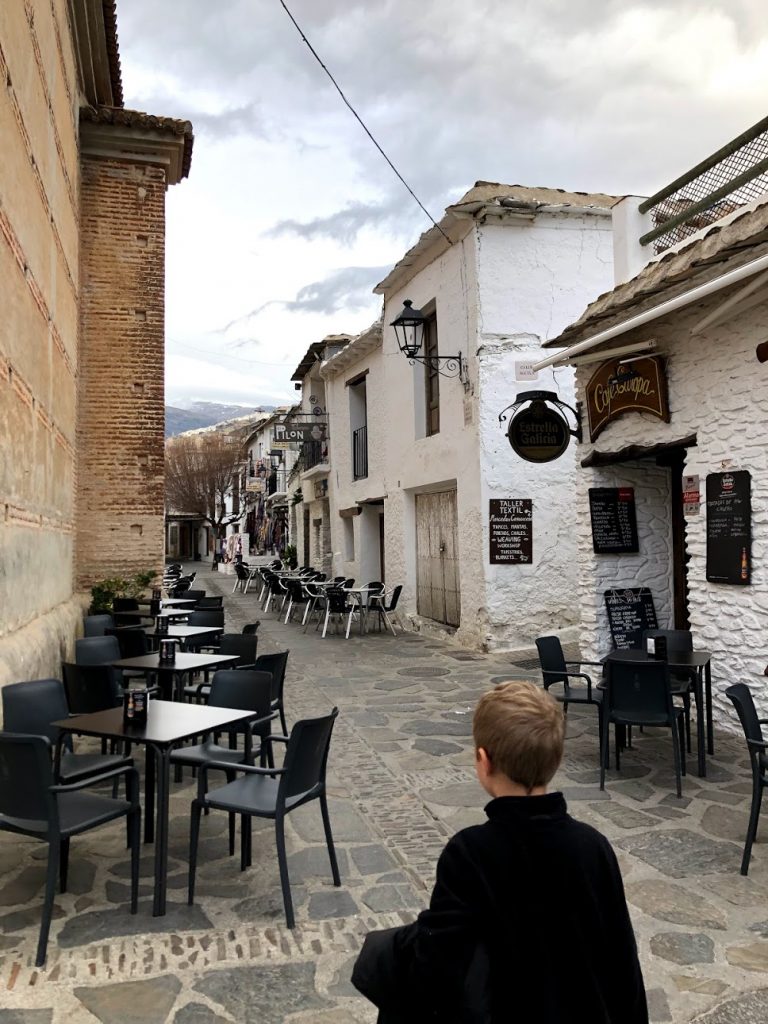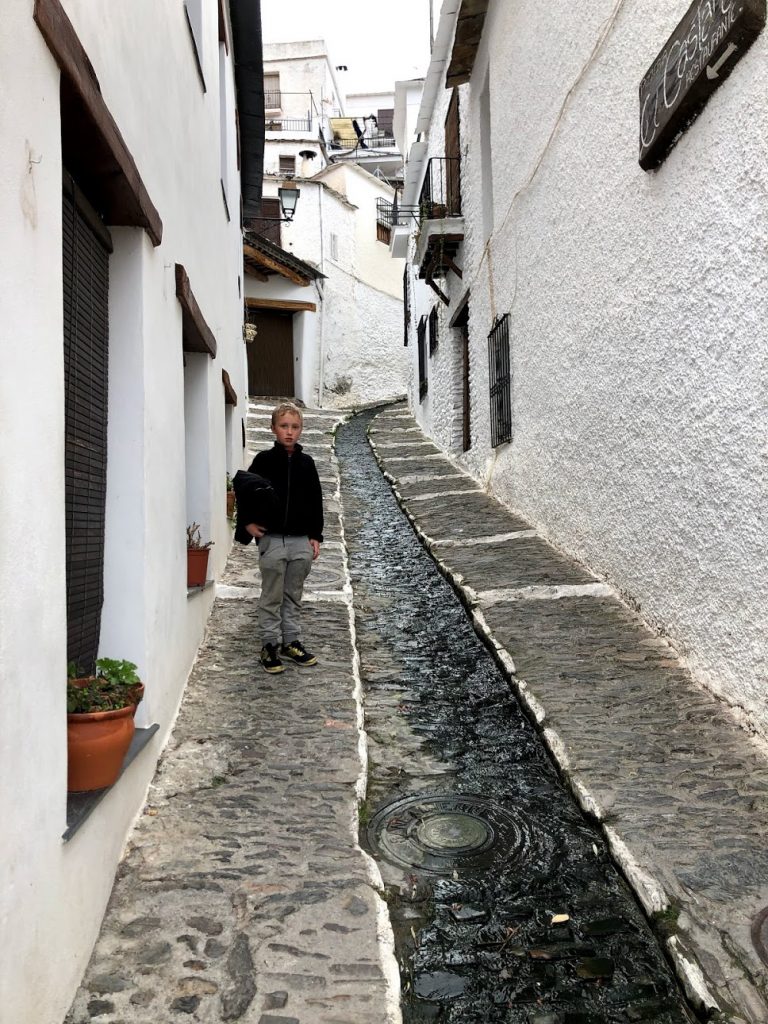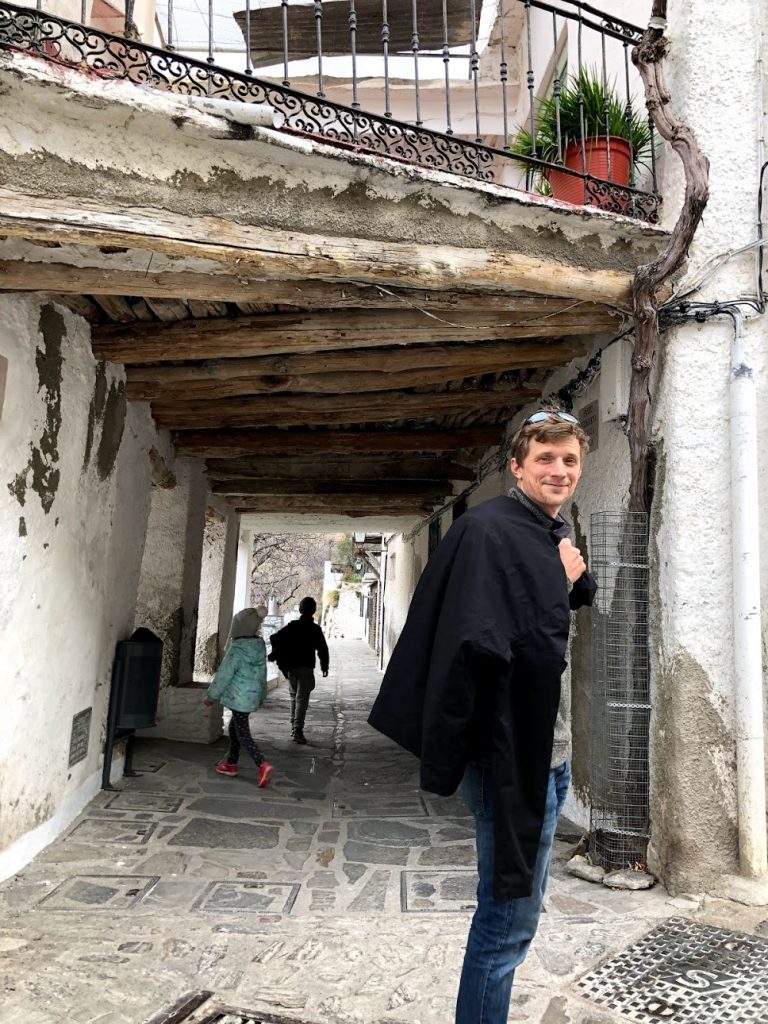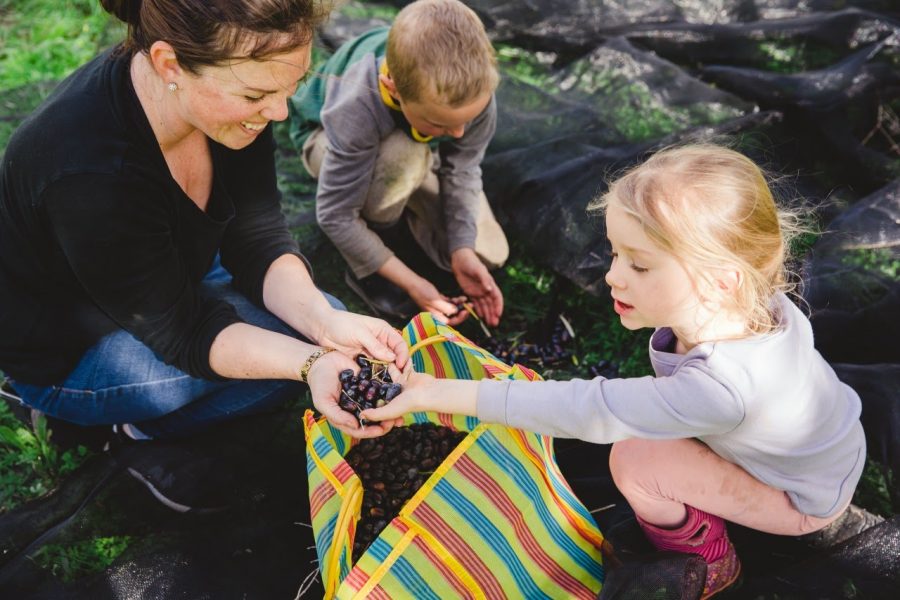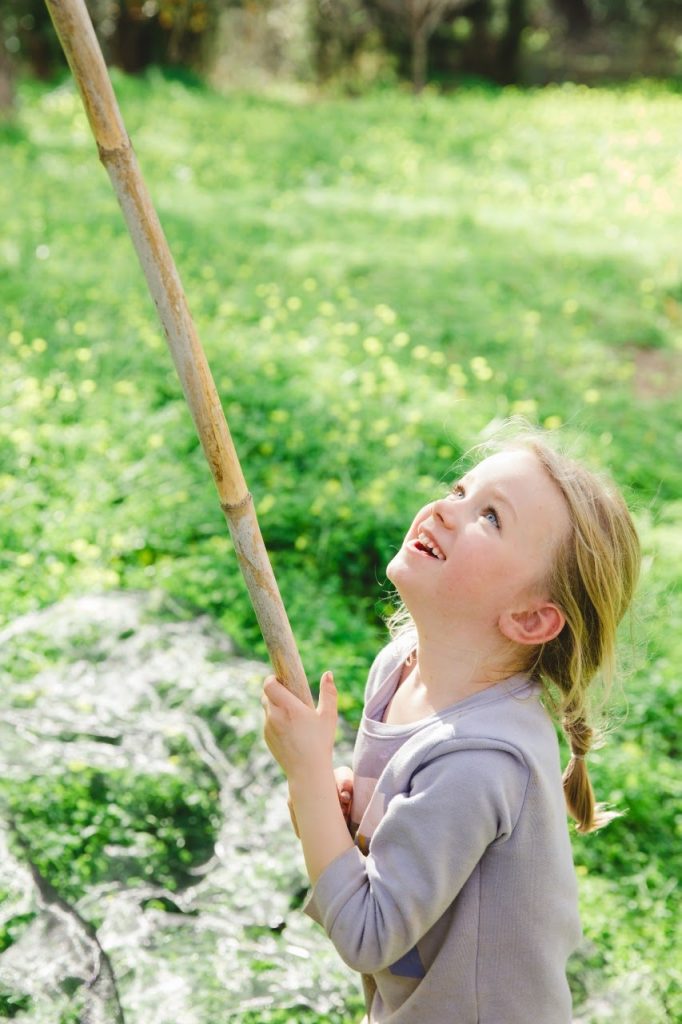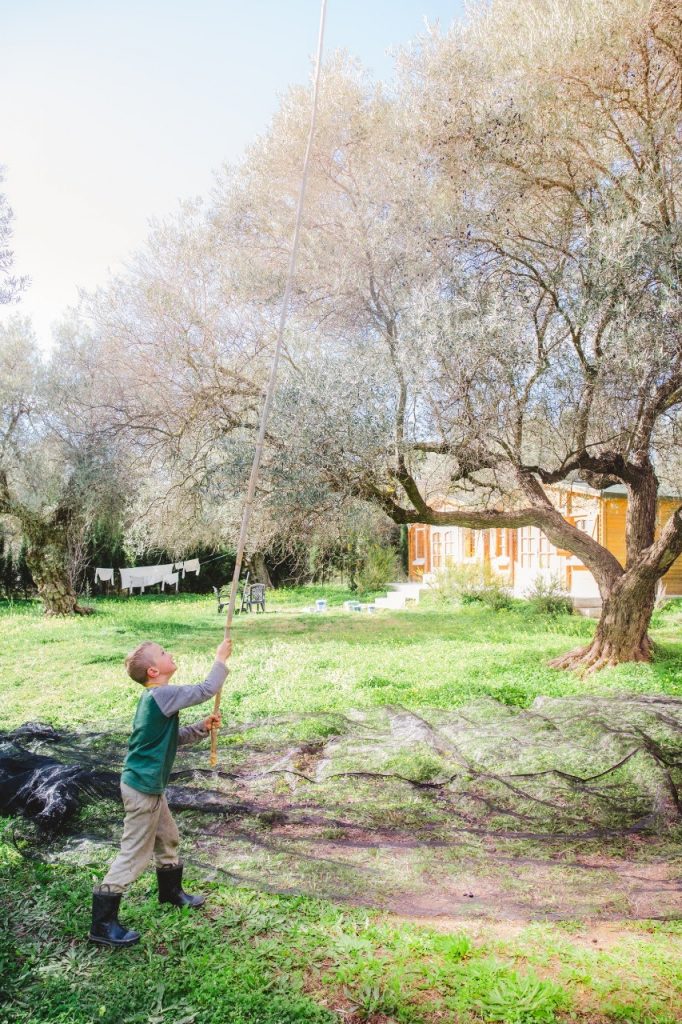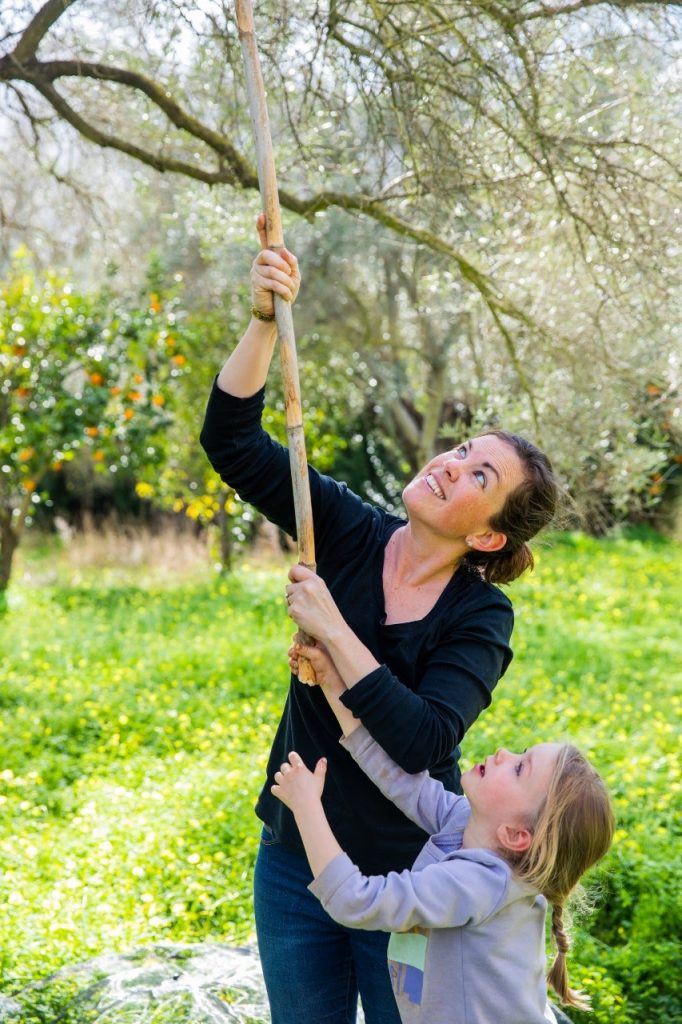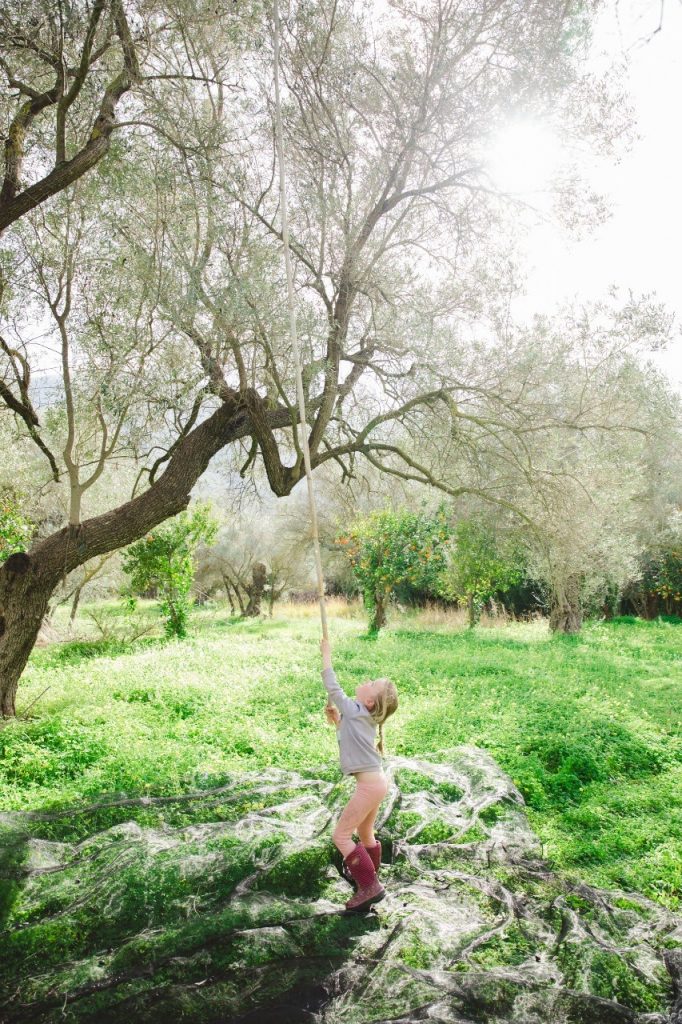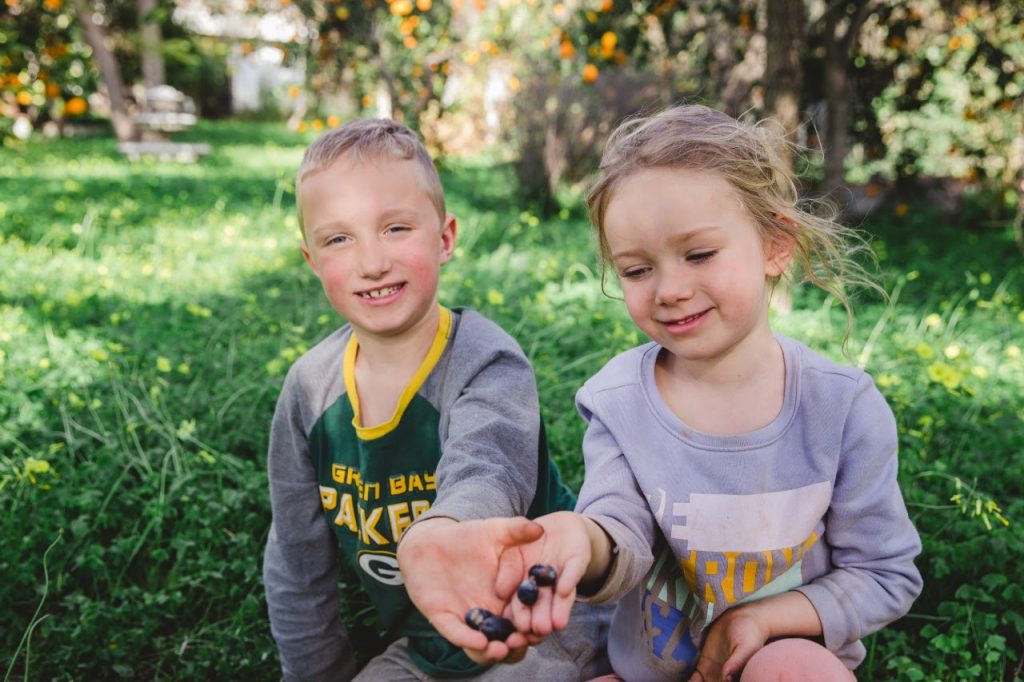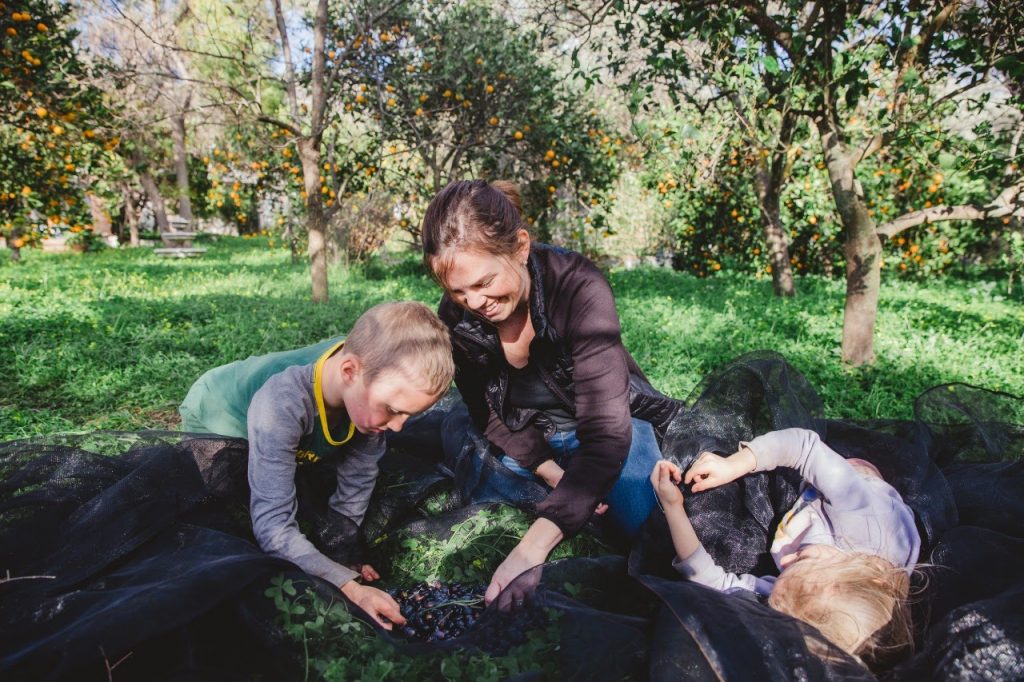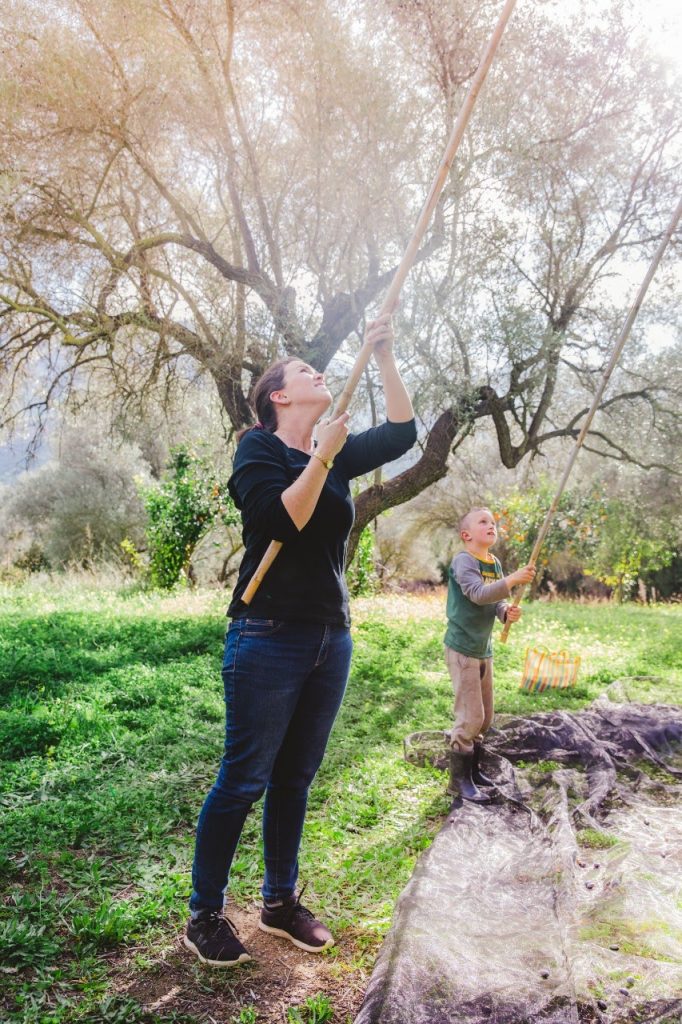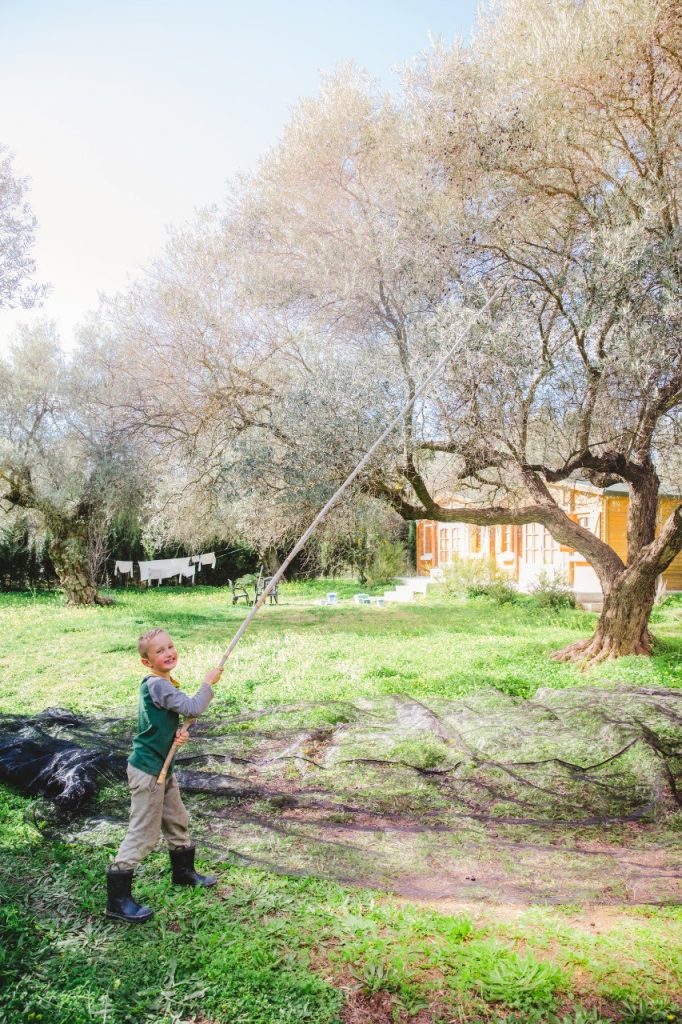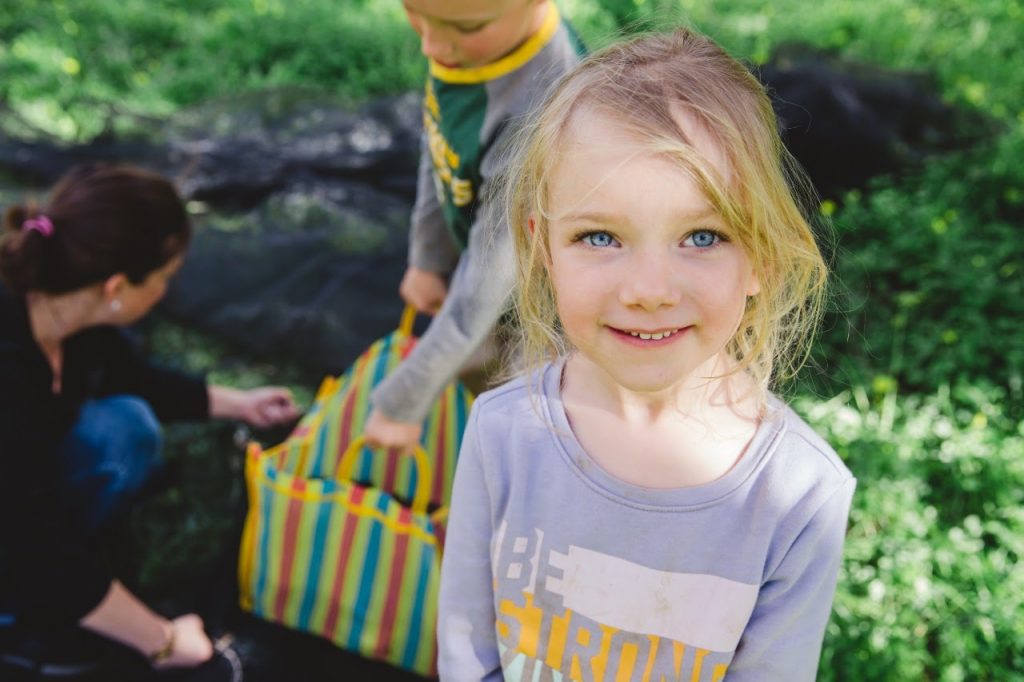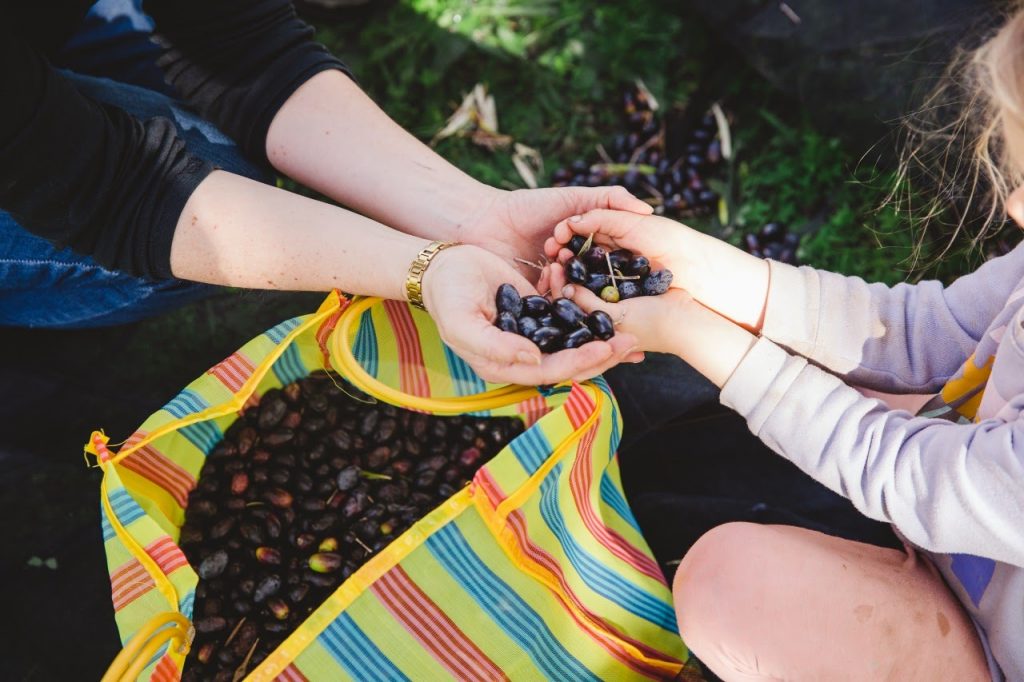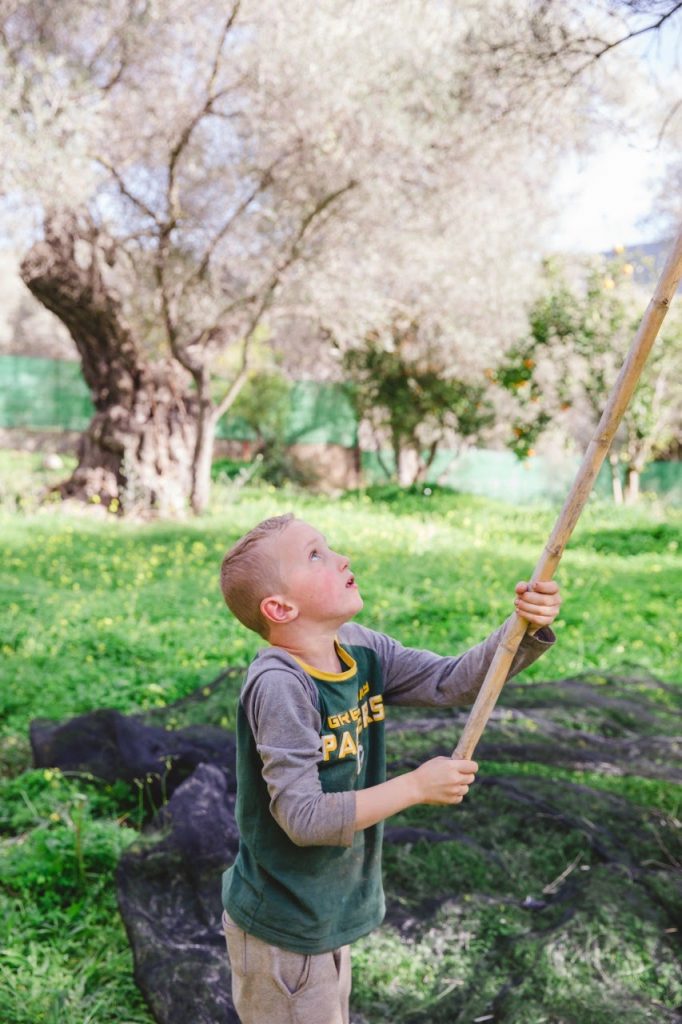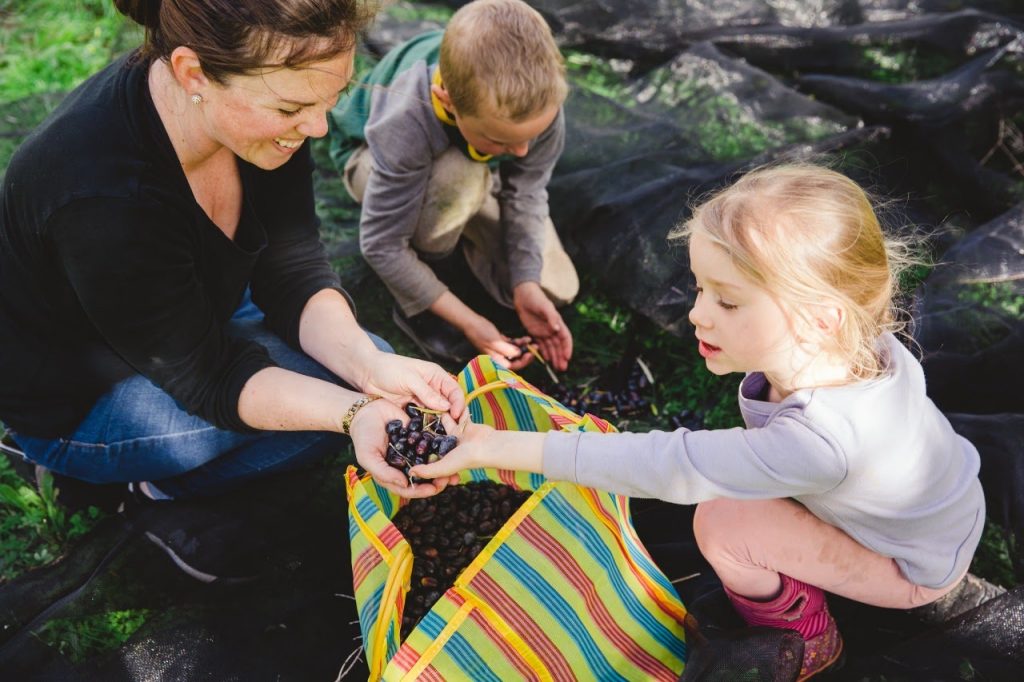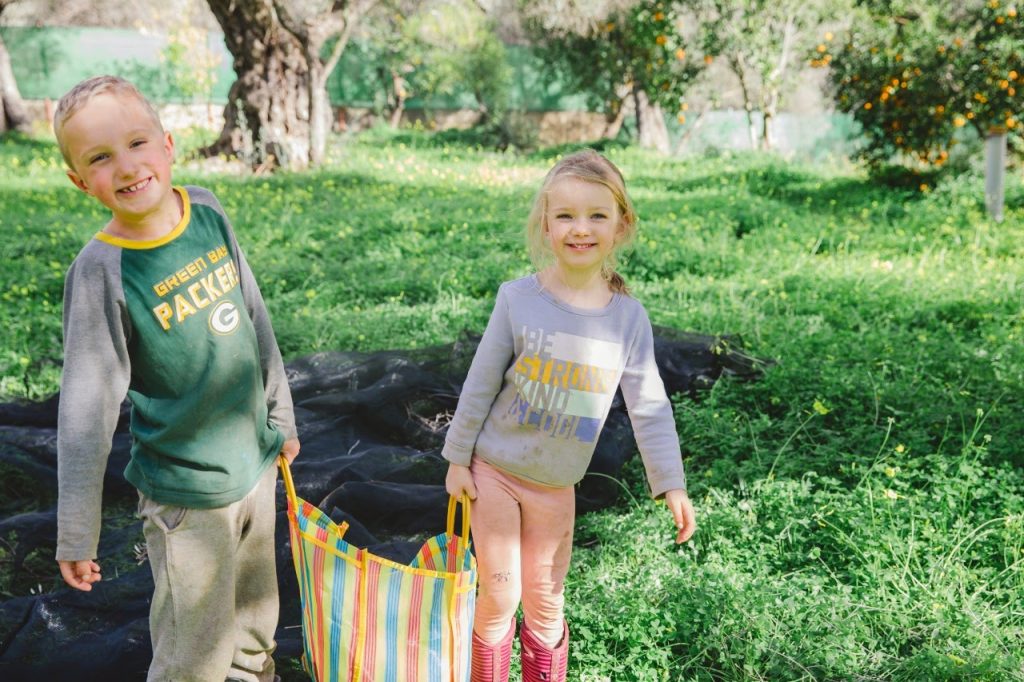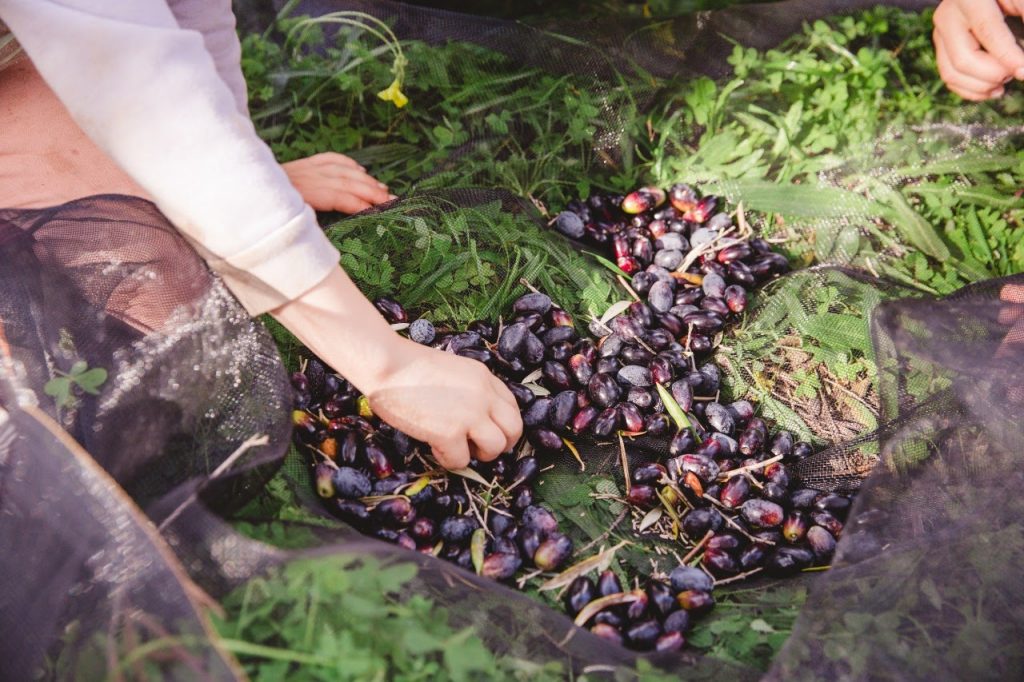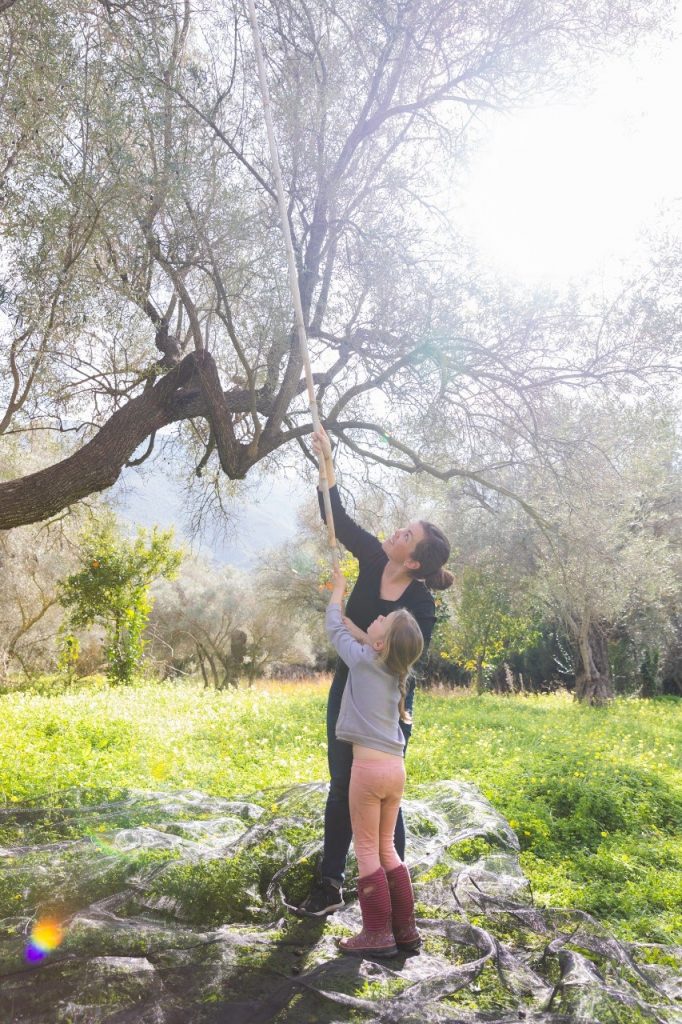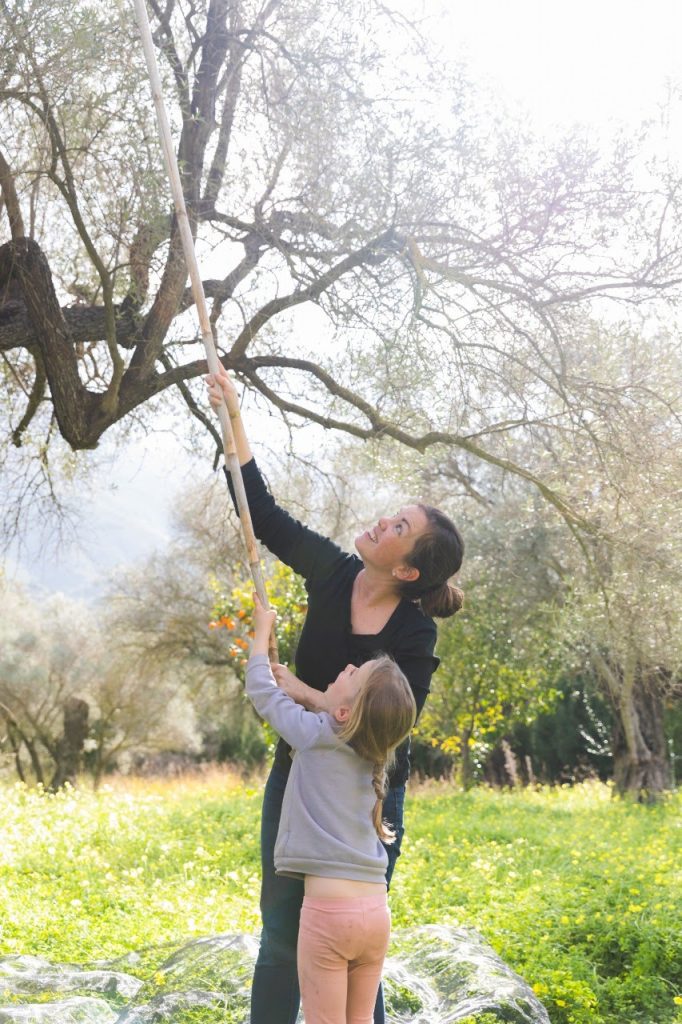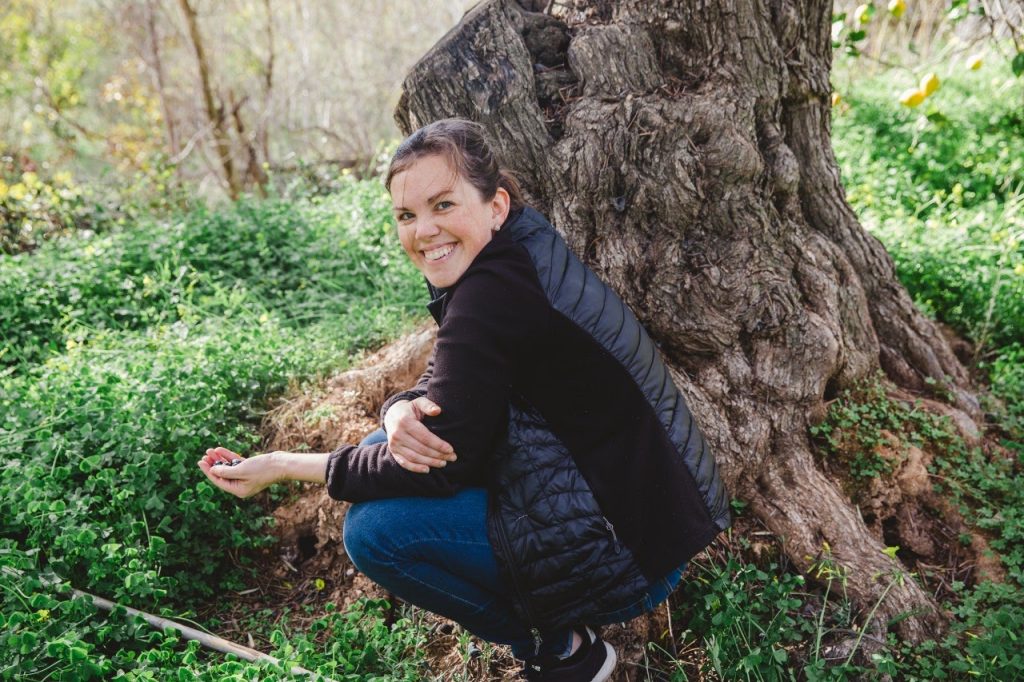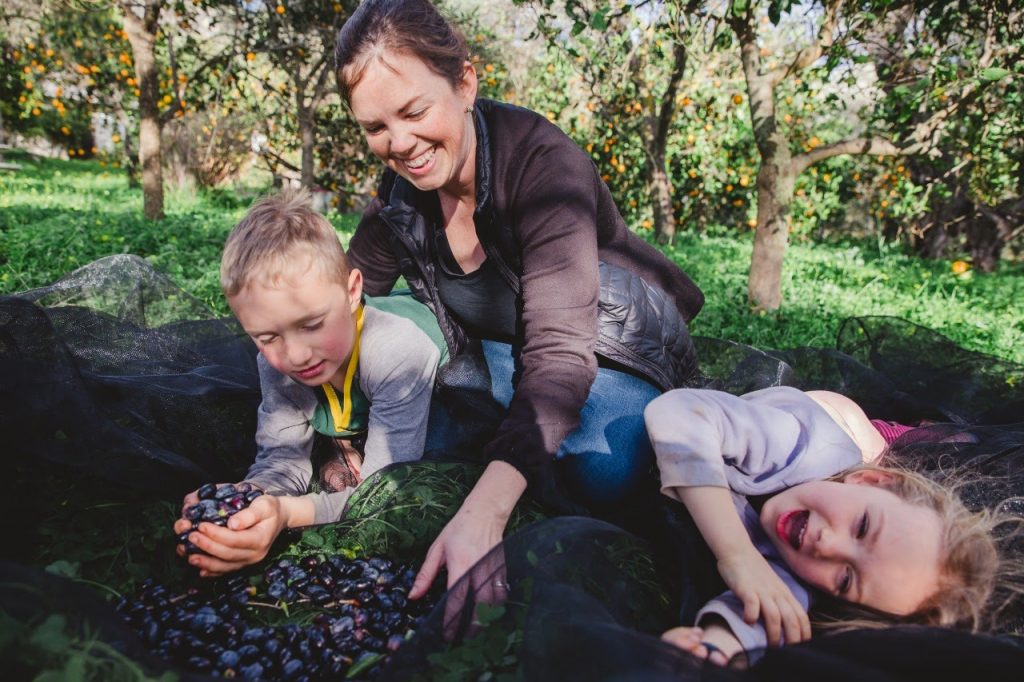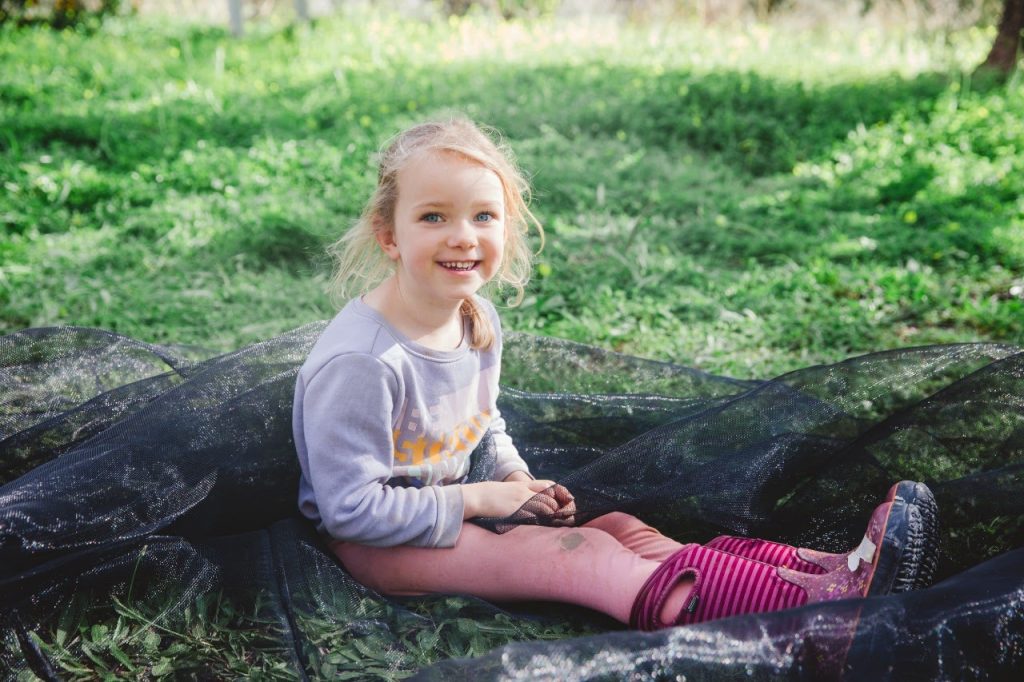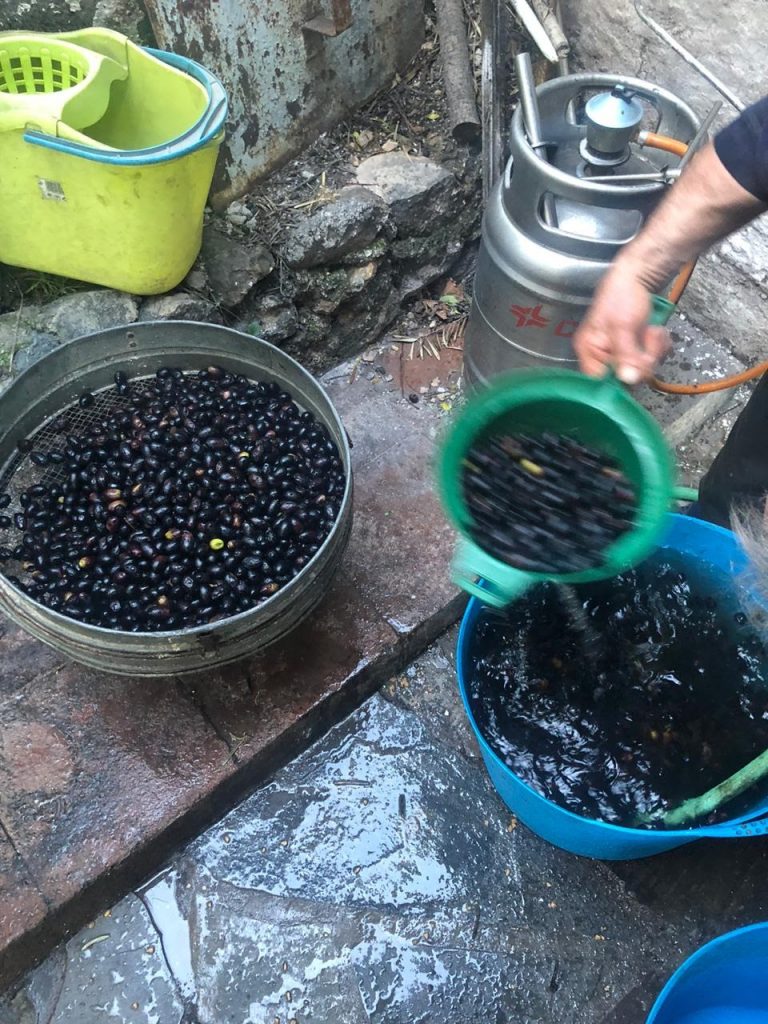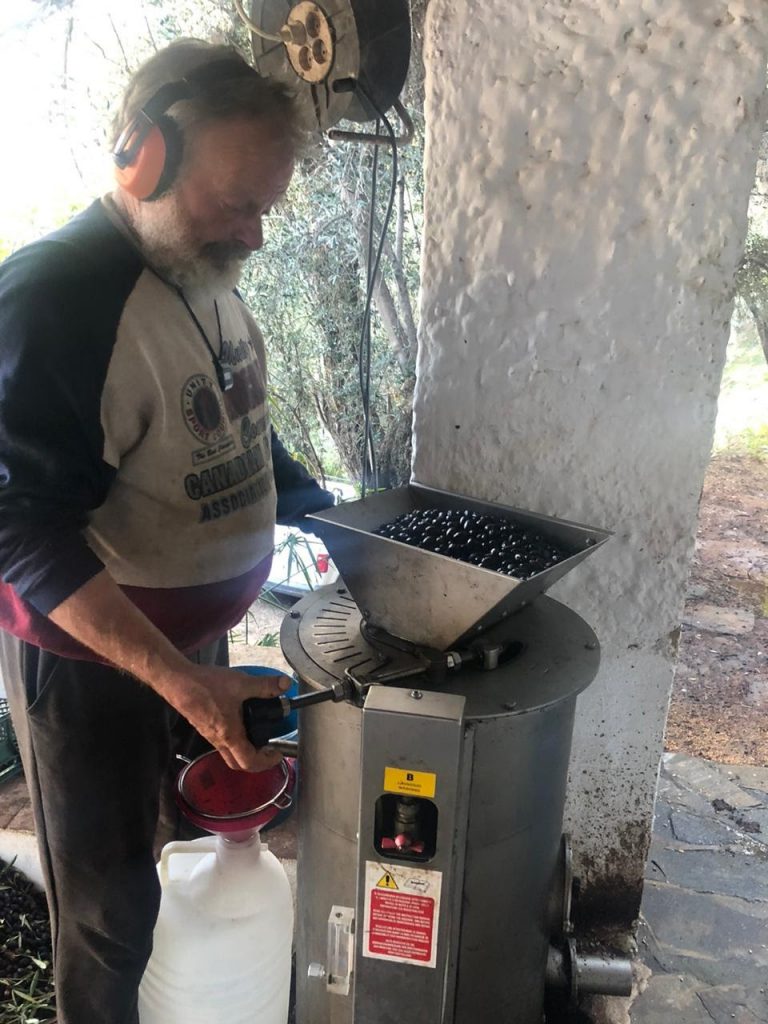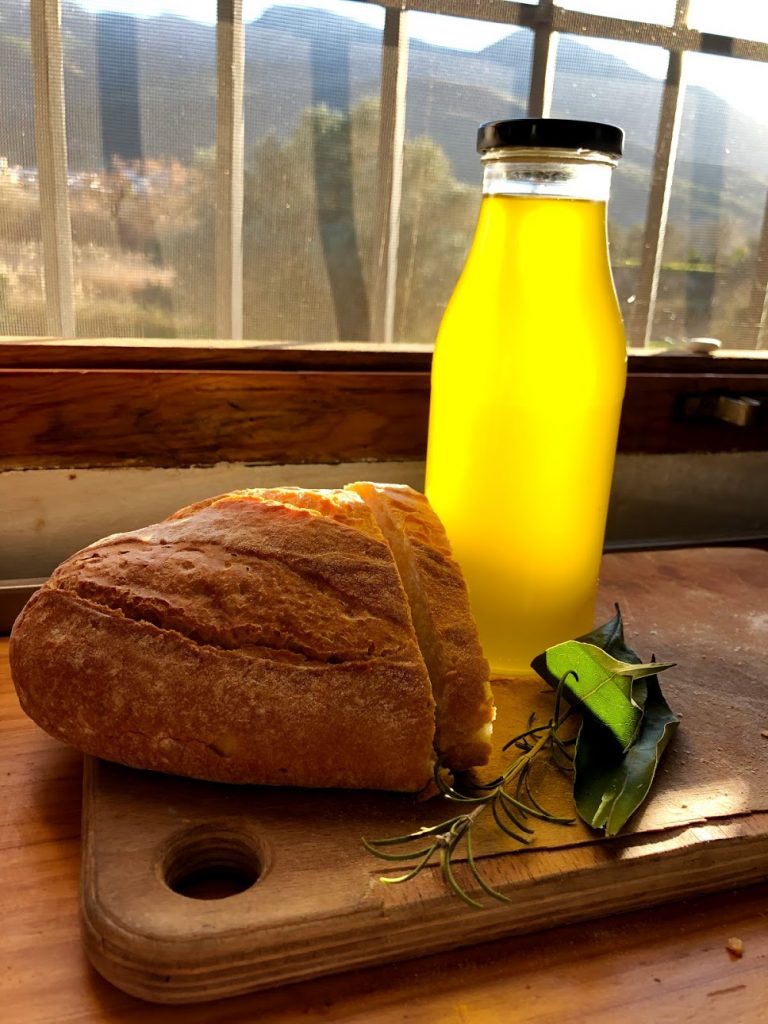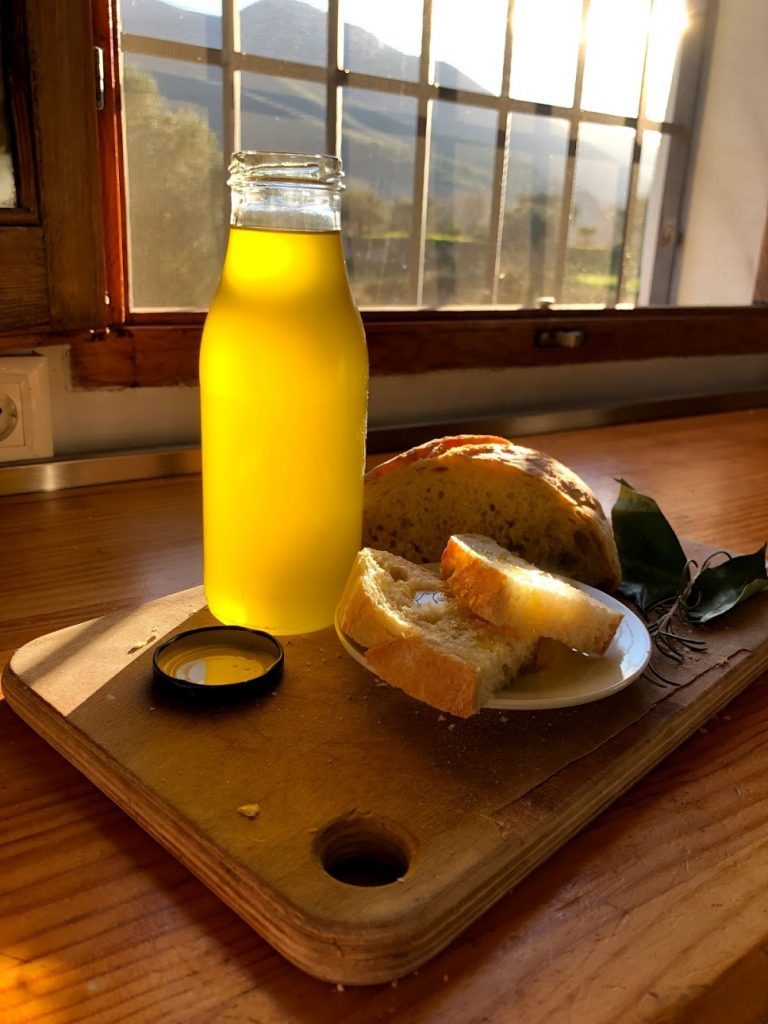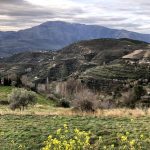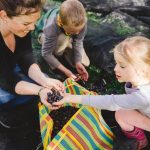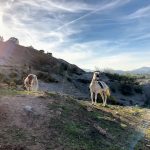One rainy Saturday afternoon we decided to hike the mountains, as Noah had been begging us to do from the day we arrived. There are tiny white villages nestled into the mountains here that are well-known for hiking, as they are short distances from each other and “easy” to hike. Slipping on some shoes and a raincoat, we drove to the bottom-most town, Pampaneira, ready to begin our adventure.
20 minutes later, as we walked from our parking spot to the top of the itsy-bitsy town, we were ready to turn around. These mountain dwellings were built vertically, and we are from horizontal South Dakota! Surely the path would be easier than the slick streets, though. So, we kept going, enjoying the mountain views and eating the freshly picked mandarin oranges. After pushing through to the next town, Bubión, we decided that it would rain soon and waved at the topmost town before scaling down. We learned that down is sometimes more dangerous than up, but we reached the bottom and enjoyed drinks and tapas at a little restaurant.
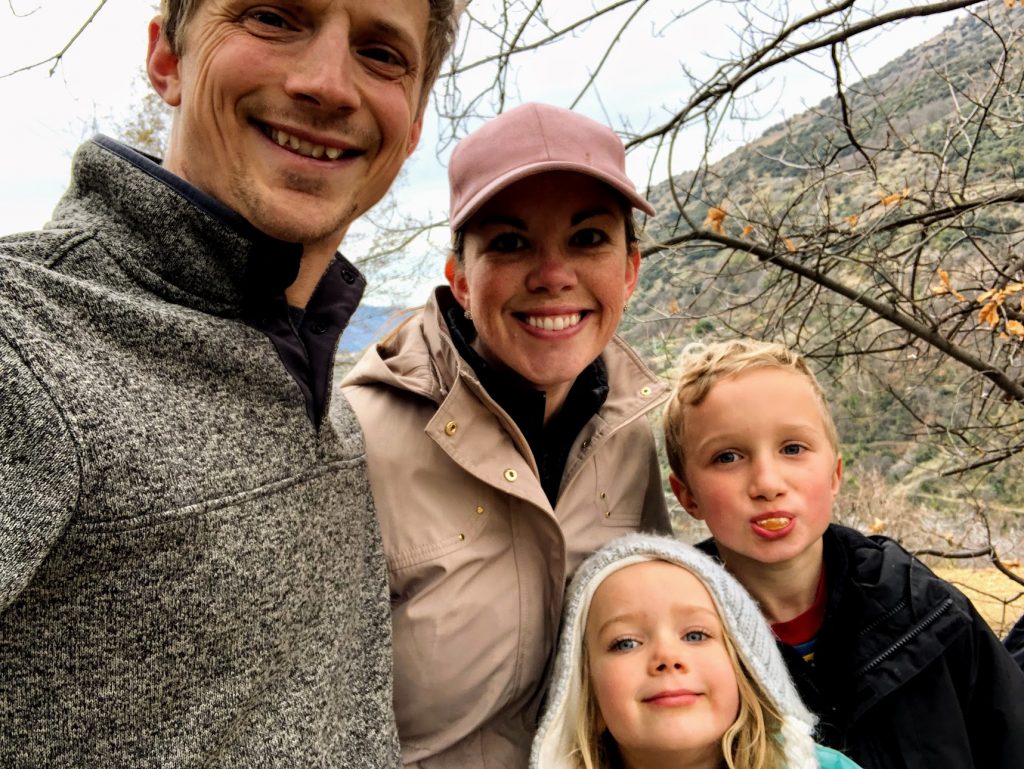
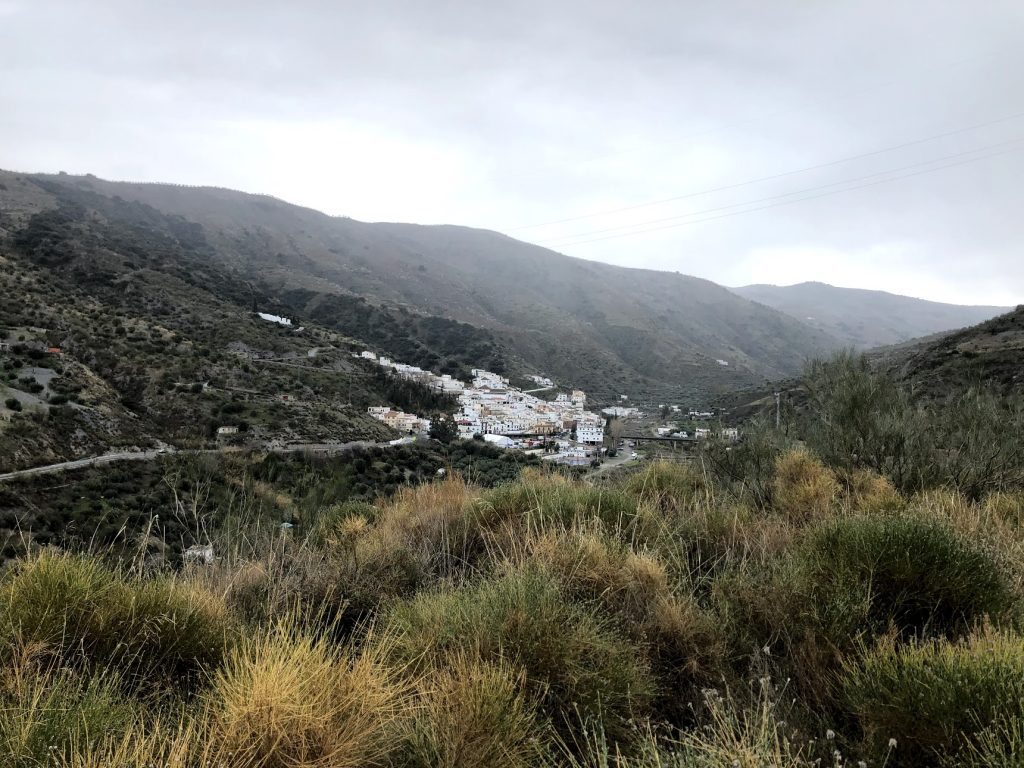
Hiking from one small white village… 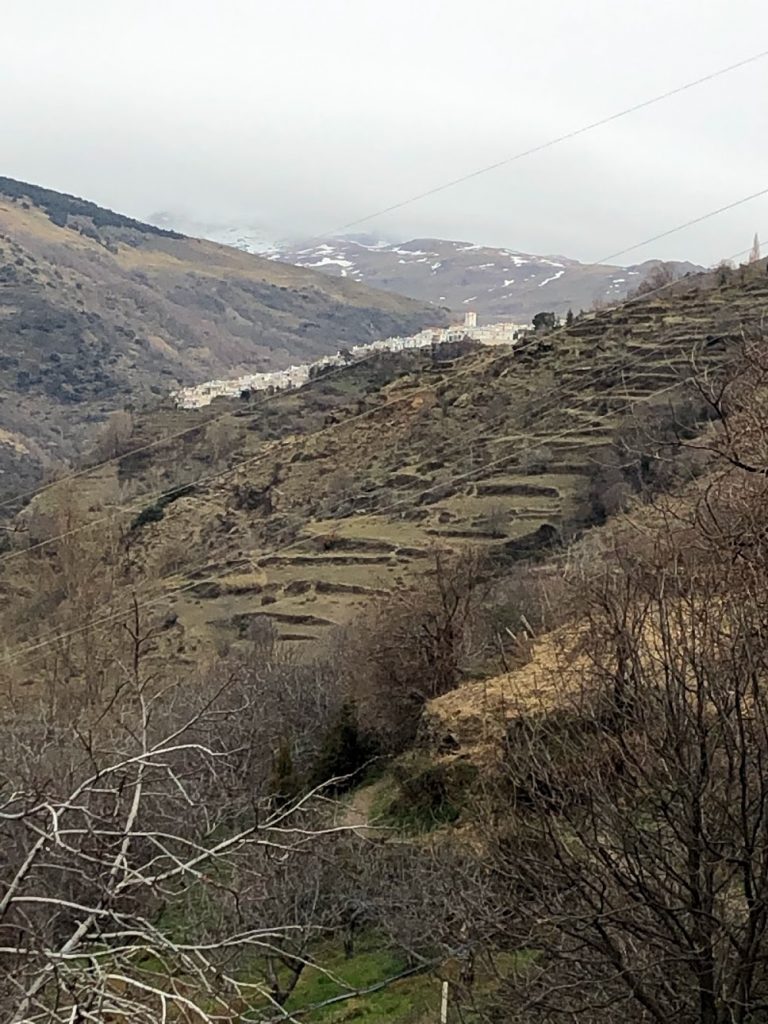
to the next. 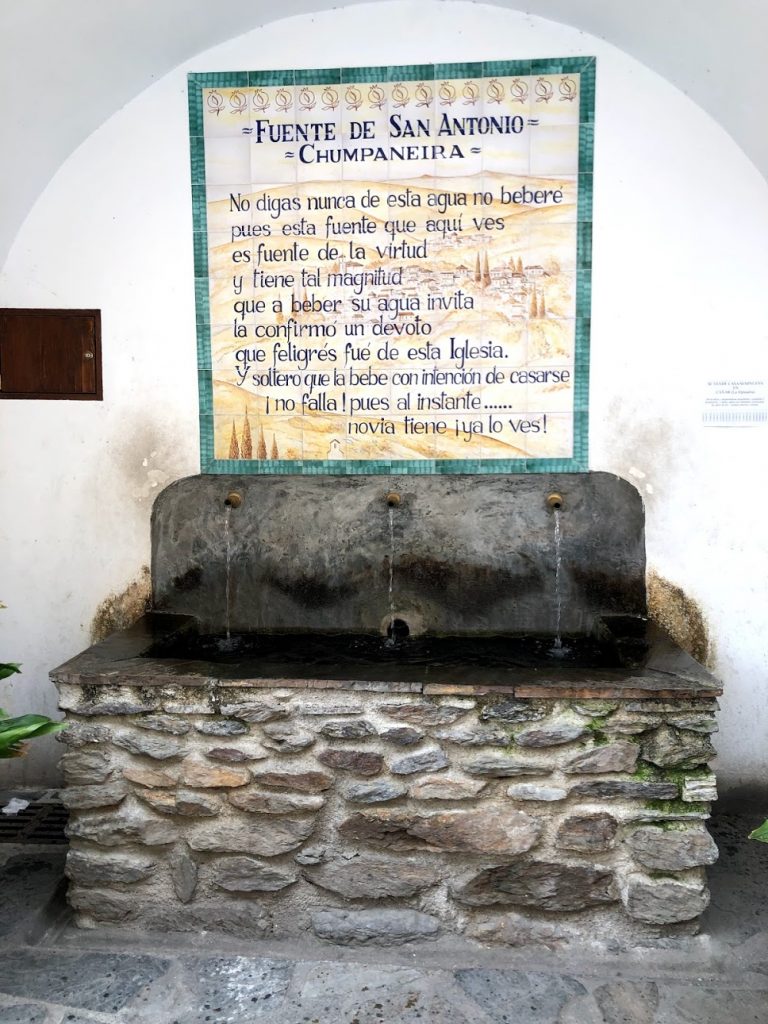
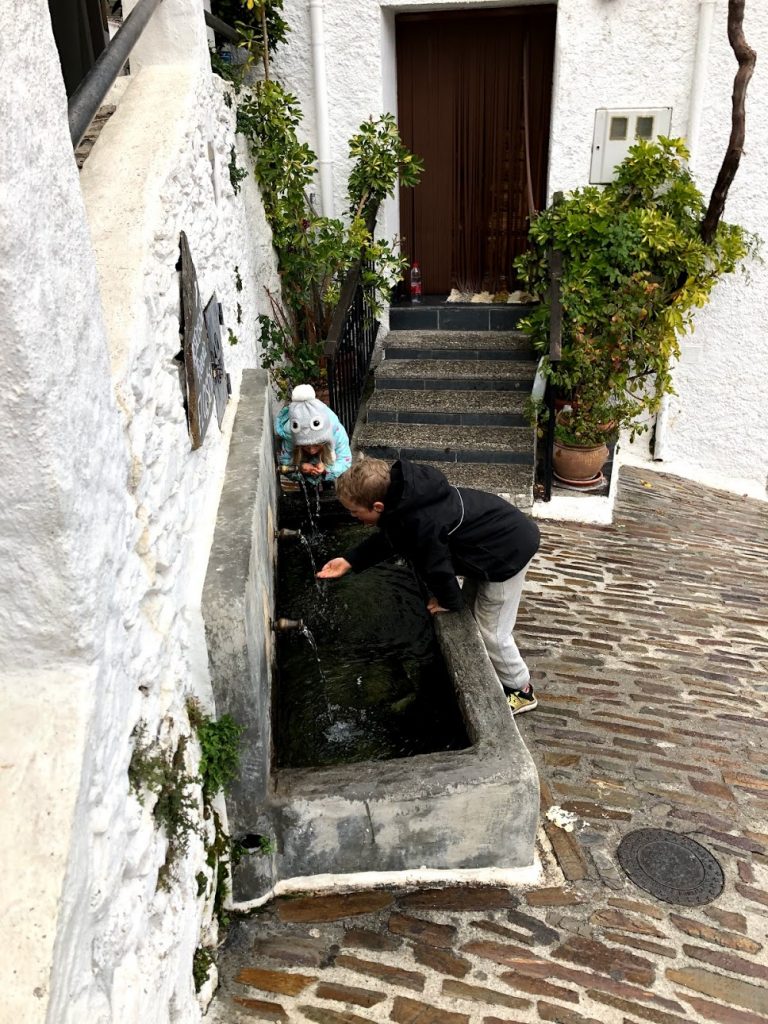
We were thirsty after the climb and enjoyed drinking from the natural spring fountain in the village. 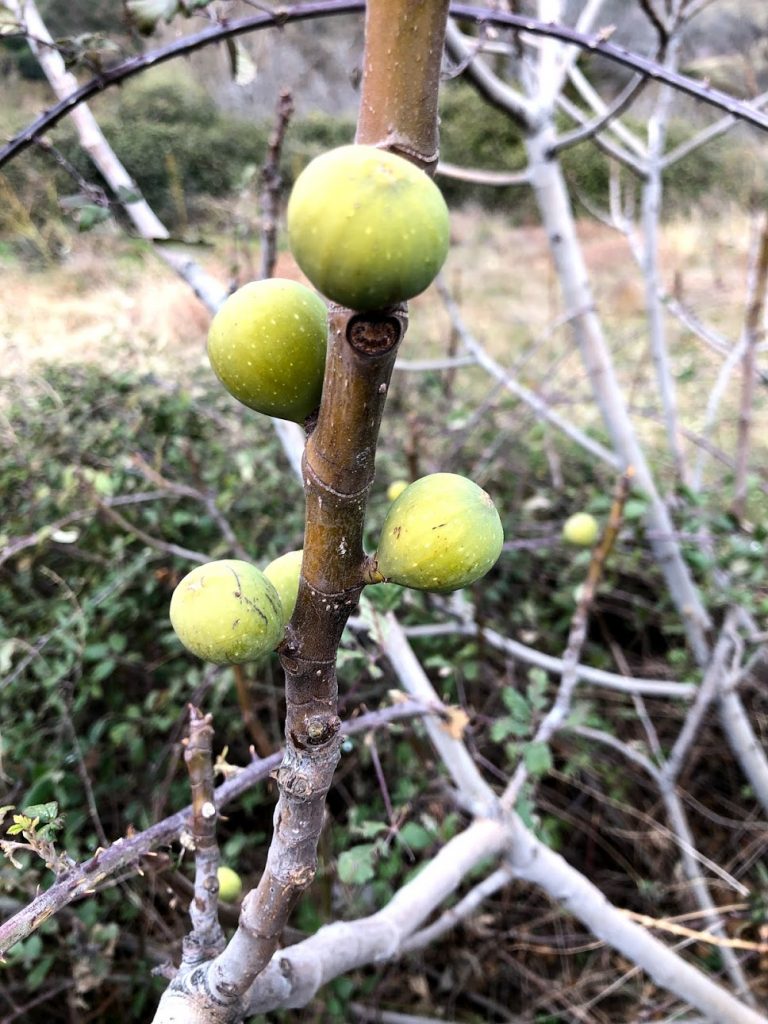
Baby figs growing. 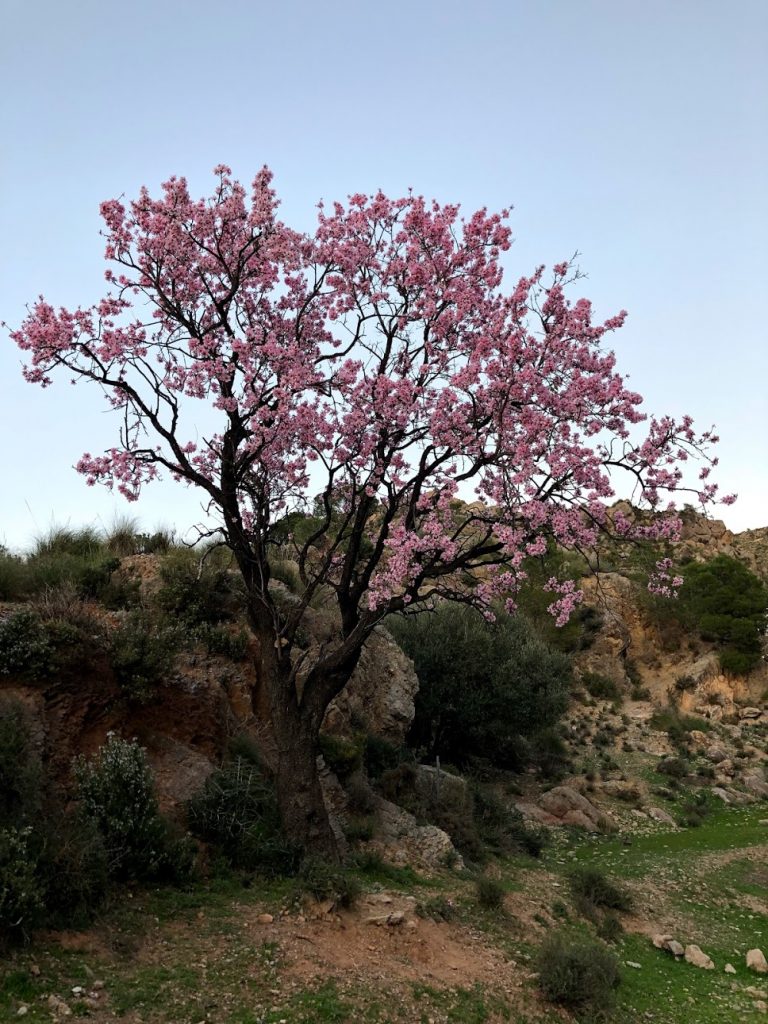
Almond trees in bloom everywhere.
On our ride home, we found a message from our host letting us know about a festival a few towns over in Torvizcón and decided to take a peek. The 700 person town swells each year for this party. We missed the large parade that marked the beginning, but we got in on the GIANT paella and fun music. For 2 euro we bought heaping plates of the yellow rice with chicken and shrimp, then crowding into a tent, we watched a lively band and heard the children outside on the fair-type rides. We were tired and went home for the rest of the day, but the party continued in Torvizcón. Apparently, there were two pigs that the entire village raised throughout the year. They had red ribbons tied around their neck and the villagers were expected to feed the pigs whenever they begged for food. After a group effort of fattening and caring for them, the entire village feasted on the pigs during this festival, lighting 27 bonfires around the town and gathering around them to eat roasted pork and celebrate before choosing two new piglets to wear the crimson necklaces.
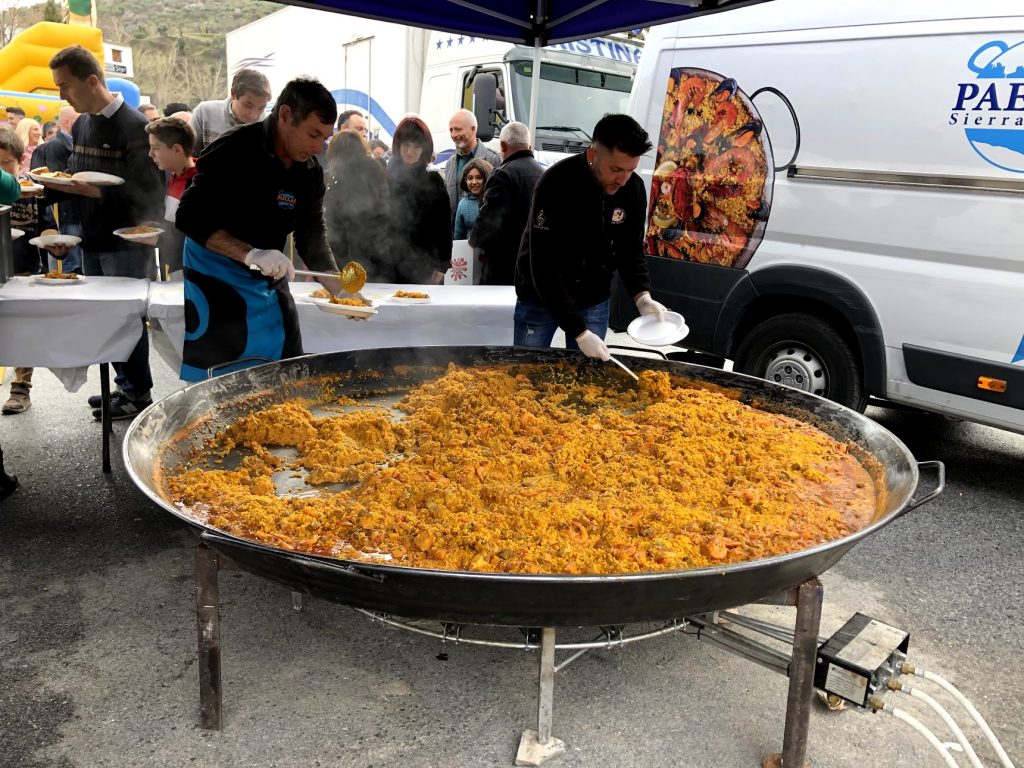
I took a photo of the giant paella pan when we were at the end of the line. 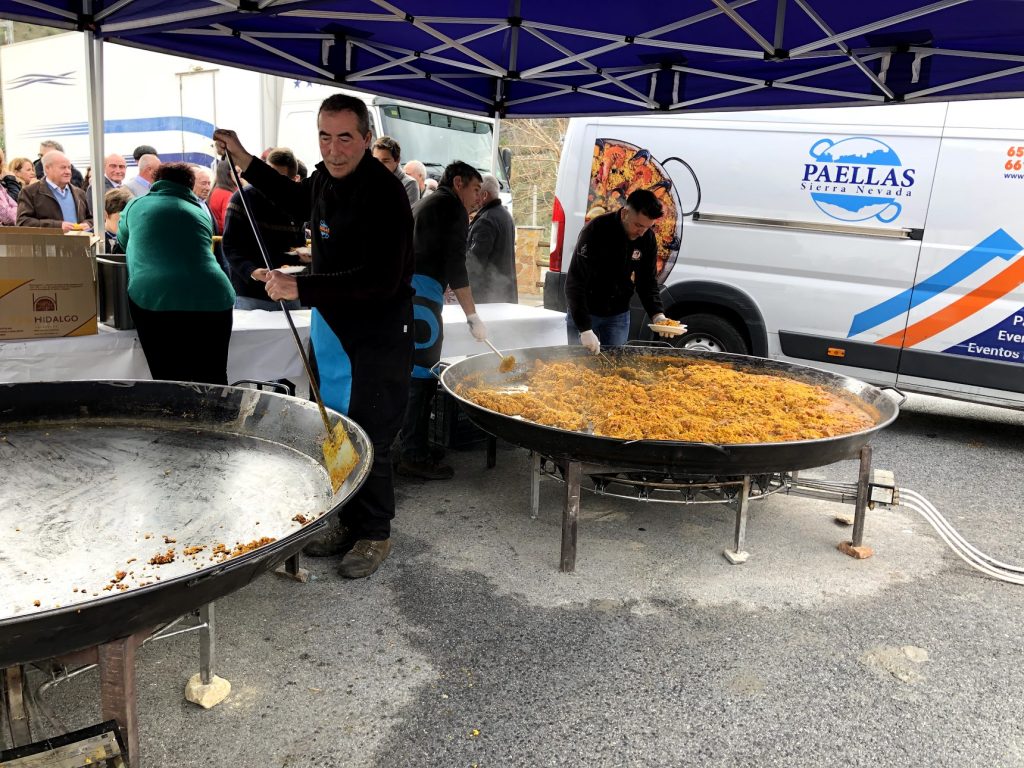
Two huge paella pans, one already eaten. 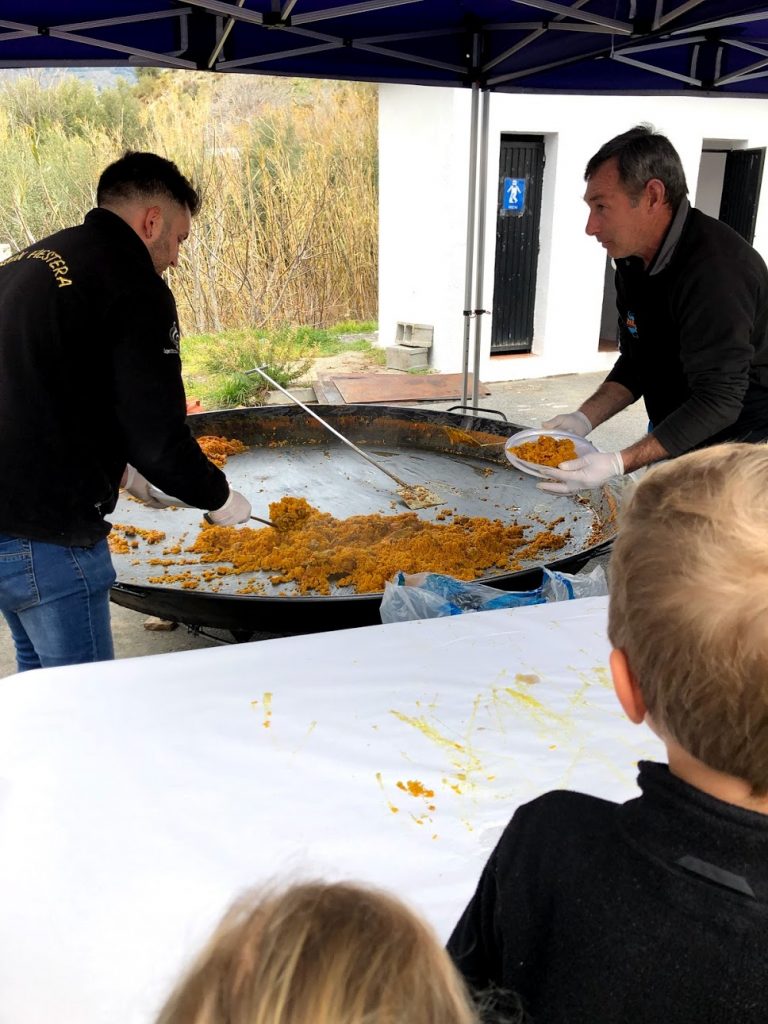
This is how much was left when we arrived at the front- almost gone! 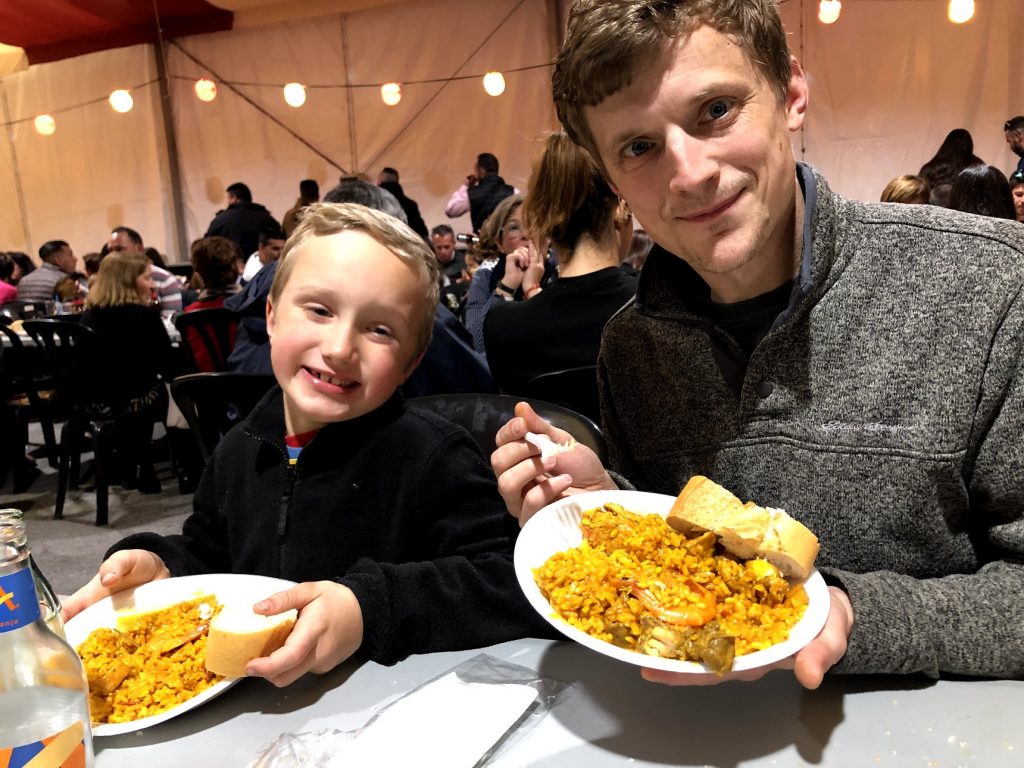
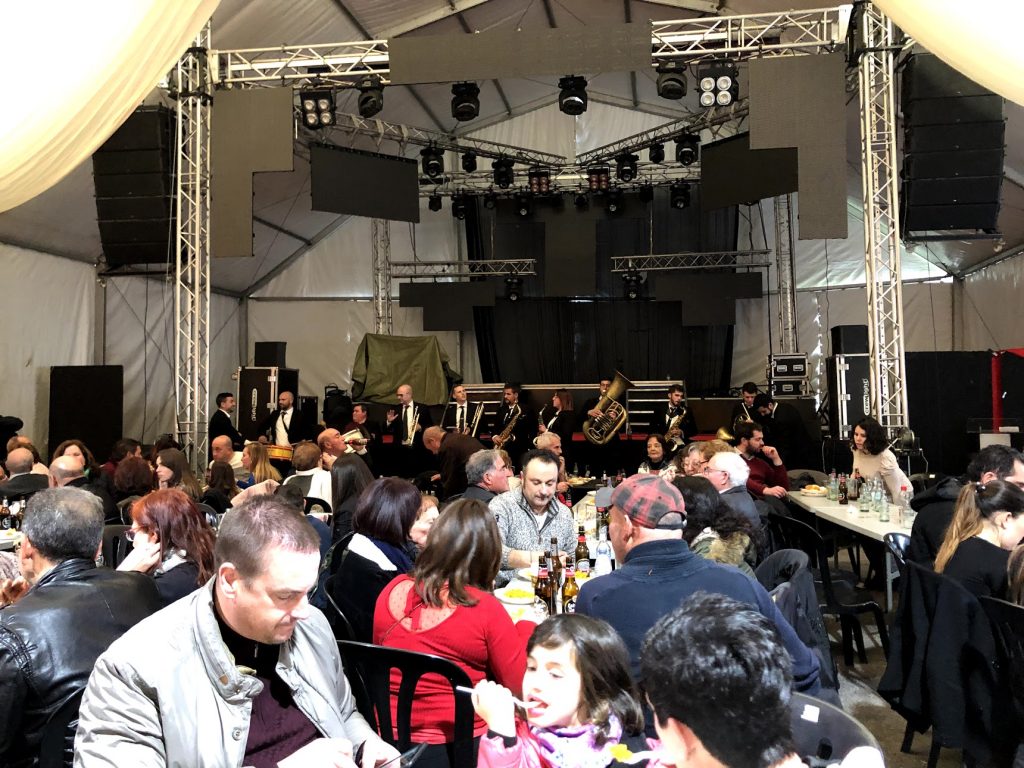
A band with lively Spanish music serenaded us.
Another cultural experience for the Lexens. So, now we will know what to do when we climb a mountain village and see a pig with a red ribbon around it’s neck…

